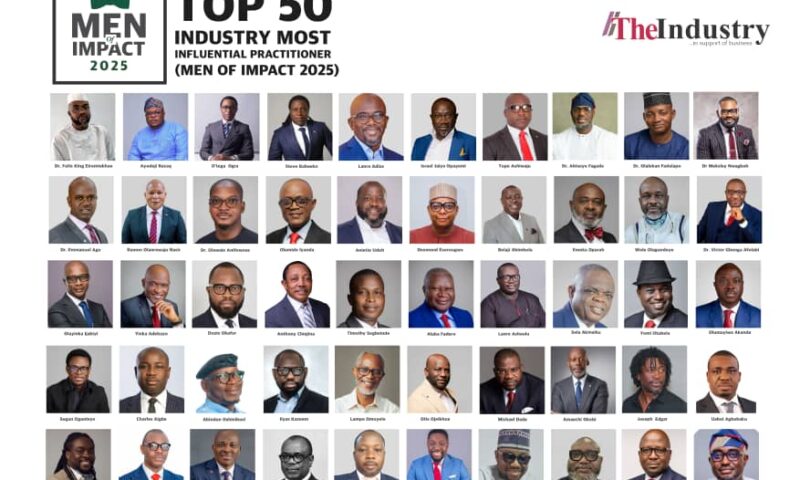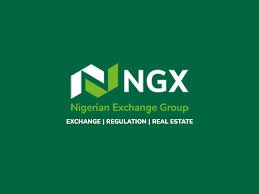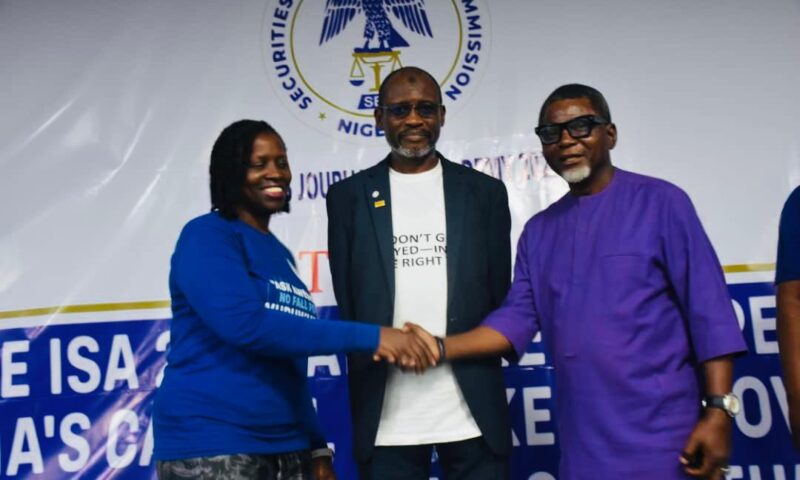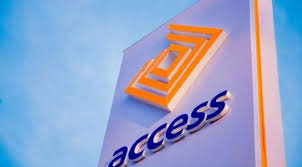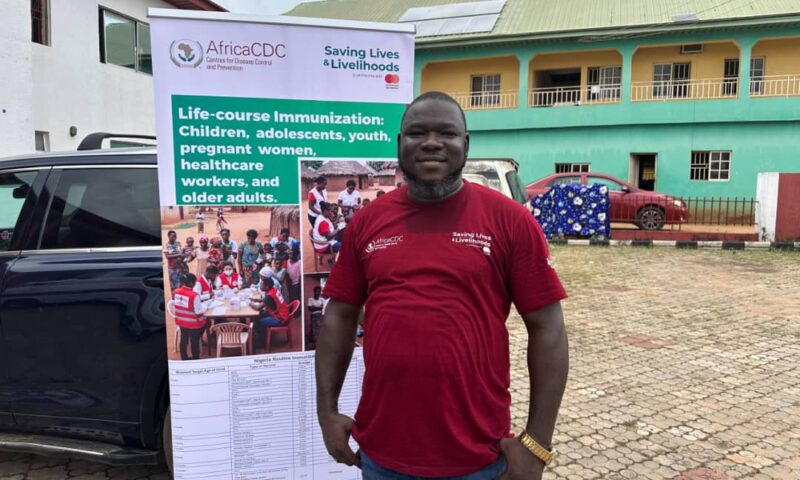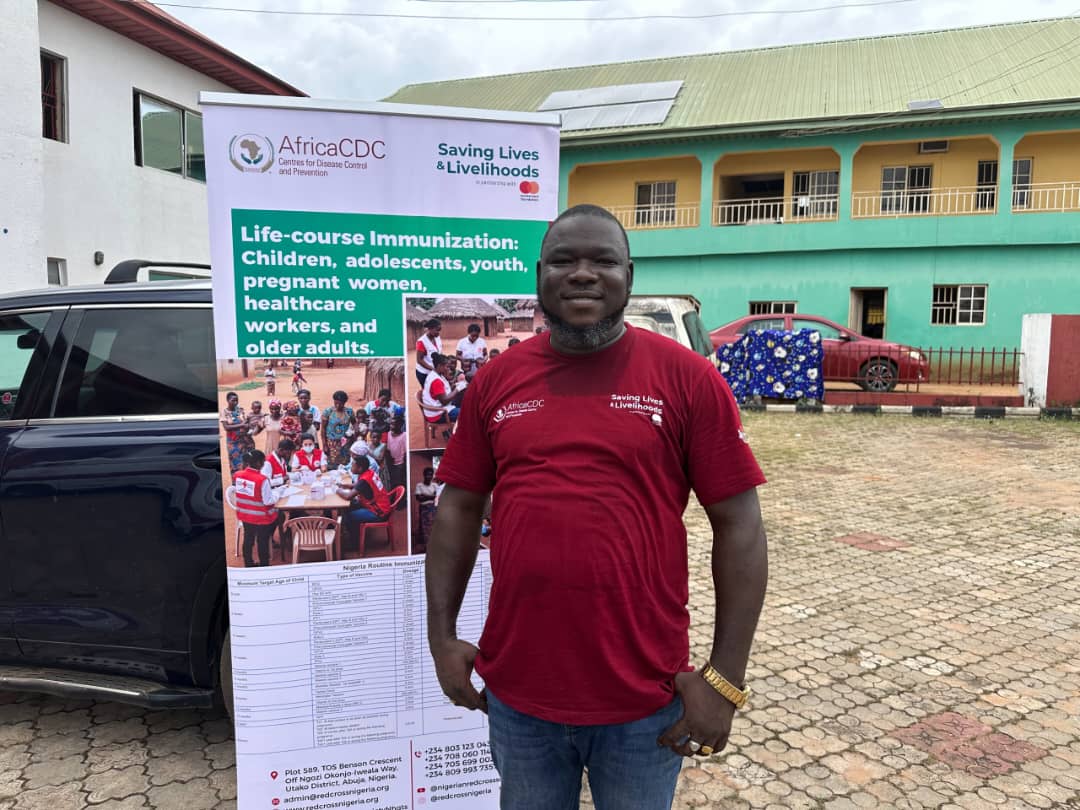NLNG Launches The Nigeria Prize For Creative Arts To Empower Young Nigerians
By Winifred Bosa
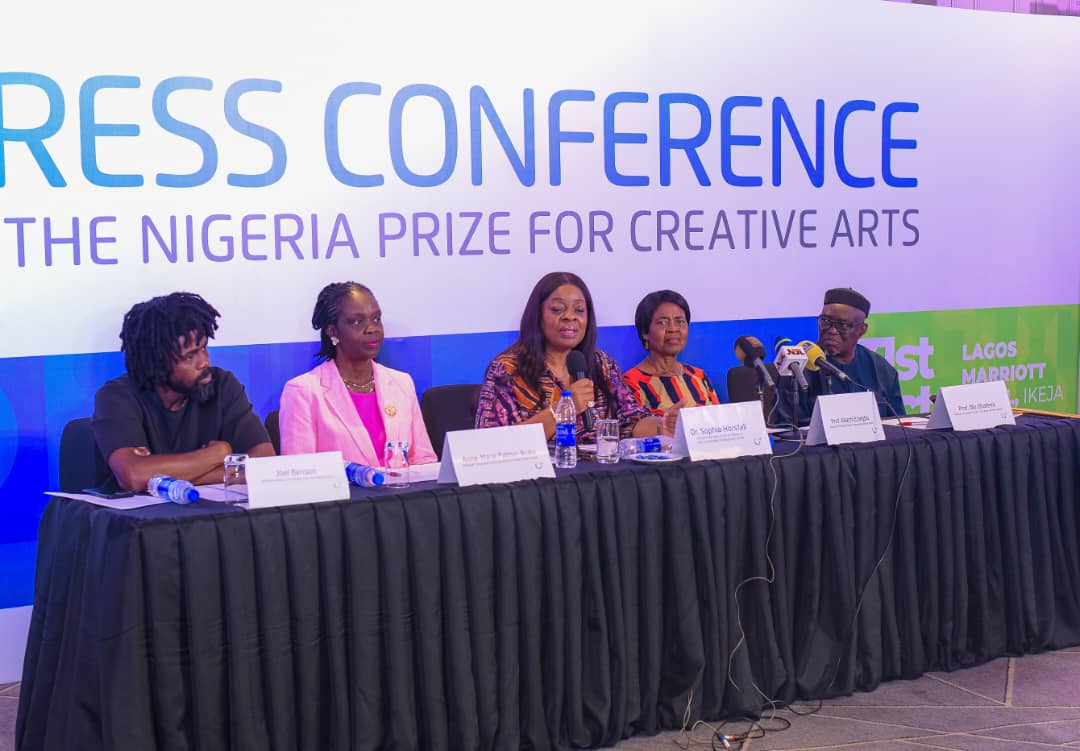
L-R: Joel Benson, Technical Adviser to Advisory Board of The Nigeria Prize for Creative Arts (NPCA); Anne-Marie Palmer-Ikuku, NLNG’s Manager, Corporate Communication & Public Affairs; Sophia Horsfall, NLNG’s GM, External Relations & Sustainable Development; and NPCA Advisory Board members, Prof Akachi Adimora-Ezeigbo (Chairman), and Emeritus Prof. Olu Obafemi, at the unveiling of prize with focus on Documentary filmmaking in Lagos, Friday.
NLNG has stated that new The Nigeria Prize for Creative Arts will target young Nigerians with the aim of inspiring them to tell stories that redefines the nation’s image.
At a press conference in Lagos, the Company announced that the Prize, a new category under its sponsored-The Nigeria Prizes will target emerging Nigerian filmmakers aged 18 to 35.
The Company also stated further that the Prize will challenge young Nigerians to produce documentary films that celebrate the nation’s identity and reshape global perceptions of Nigeria through information, creativity, and visual excellence.
The Prize cycle which will commence in February 2026 with a call for entry, alongside the other prizes, The Nigeria Prize for Science and The Nigeria Prize for Literature.
The Prize comes with the award money of $20,000.
Speaking at a press conference, Sophia Horsfall, General Manager, External Relations and Sustainable Development, explained that the initiative reflects NLNG’s deep commitment to nurturing creative capital as part of national development.
“The Nigeria Prize for Creative Arts is an invitation for young Nigerians to own their narrative, to show the world our complexity, our brilliance, and our resilience through film. This Prize symbolises NLNG’s belief that storytelling is nation-building that every frame, every voice, and every perspective matters in the shaping of who we are and who we aspire to be, Horsfall said.
She emphasised that the initiative bridges Nigeria’s dynamic youth population and the broader creative industry, strengthening the nation’s voice globally while promoting unity and understanding through storytelling.
The Advisory Board for The Nigeria Prize for Literature and The Nigeria Prize for Creative Arts, chaired by Professor Akachi Adimora-Ezeigbo, will administer the new category.
She will be supported by Emeritus Professor Olu Obafemi and Professor Ahmed Yerima.
Professor Adimor-Ezeigbo noted that the Prize marks a significant milestone in NLNG’s over two-decade journey of celebrating excellence across disciplines.
“The Nigeria Prize for Creative Arts is a reaffirmation of our belief that excellence knows no boundary. It can be written, spoken, or filmed. It asks its creators to confront truth, explore memory, and translate experience into meaning,” she said.
She emphasised that the Prize would align with the overarching strategy of the prizes to reward excellence.
Joel Benson, an Emmy-winning documentary filmmaker and Technical Advisor to Adivsory Board, stated that the Prize would be benchmarked against international film festival standards, ensuring that winning entries can compete globally.
He added that the creative energy of Nigeria’s youth deserves a platform that matches its ambition.
Benson explained further that only short documentaries of no more than 20 minutes will be accepted in the inaugural edition, adding that entries will be judged on storytelling craft, originality, production quality and creativity, among other metrics.
He revealed that the judging panel will be chaired by Dr. Sam Dede, a veteran actor, director, and senior lecturer at the University of Port Harcourt.
He will be joined by Adeola Aderonke, an award-winning film director, art historian, scriptwriter, and producer and George Ugwuja, a renowned film producer who has delivered high-quality work for international organisations.
The prize cycle will end in October 2026 with the announcement of the final verdict at the Grand Award Night, sponsored by NLNG.



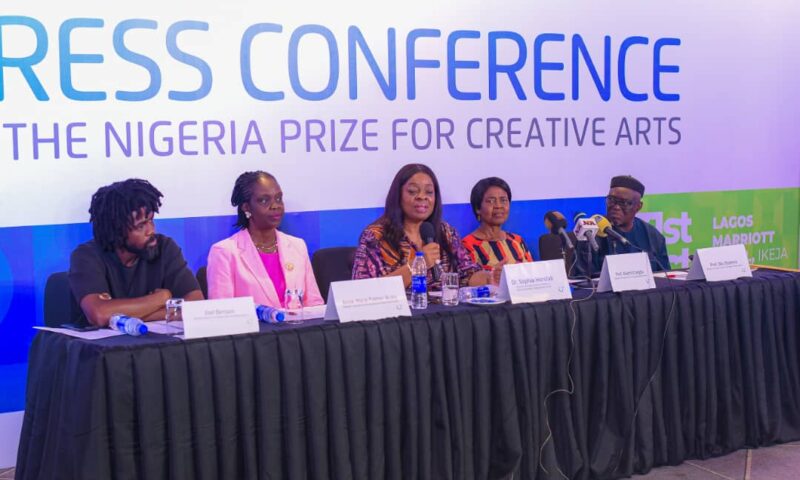
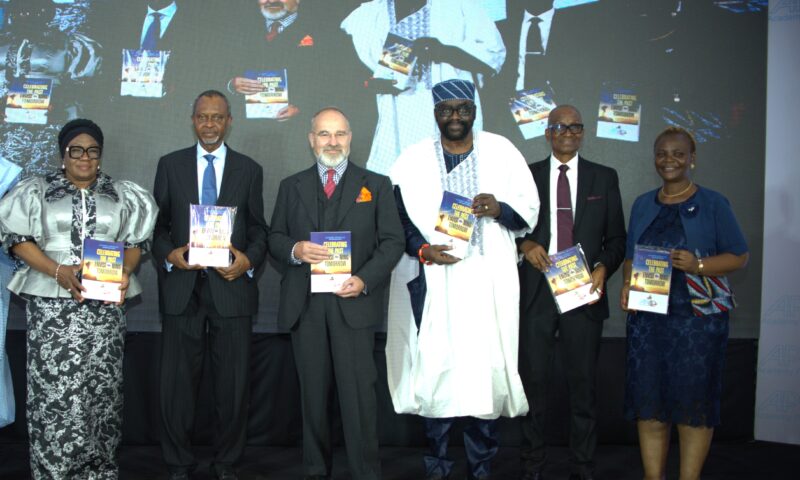
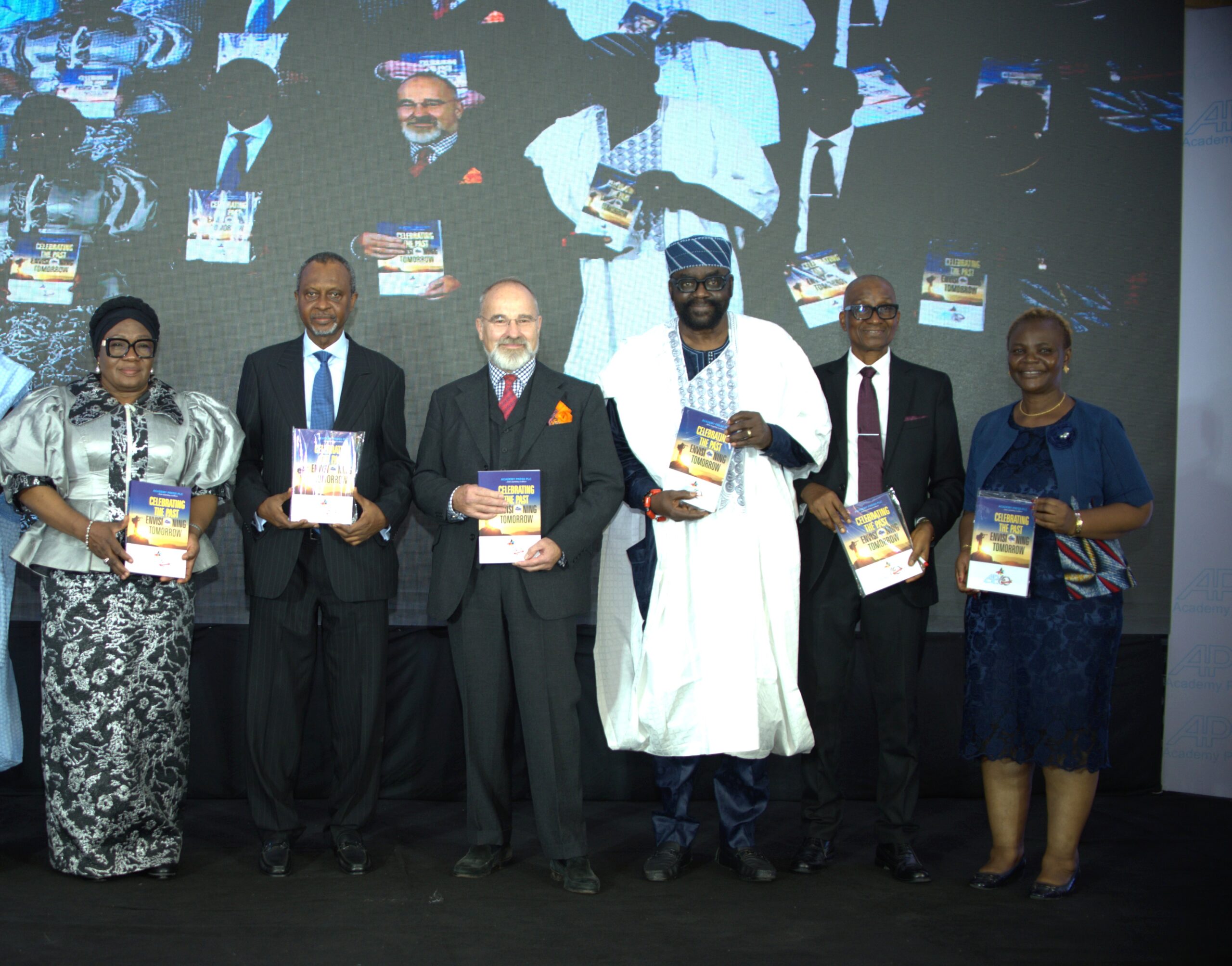
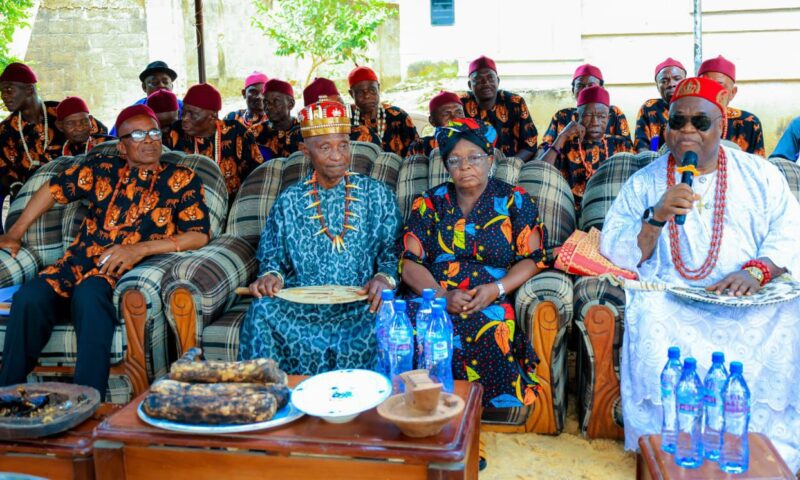
 LarryBravo Nwaiwu
LarryBravo Nwaiwu